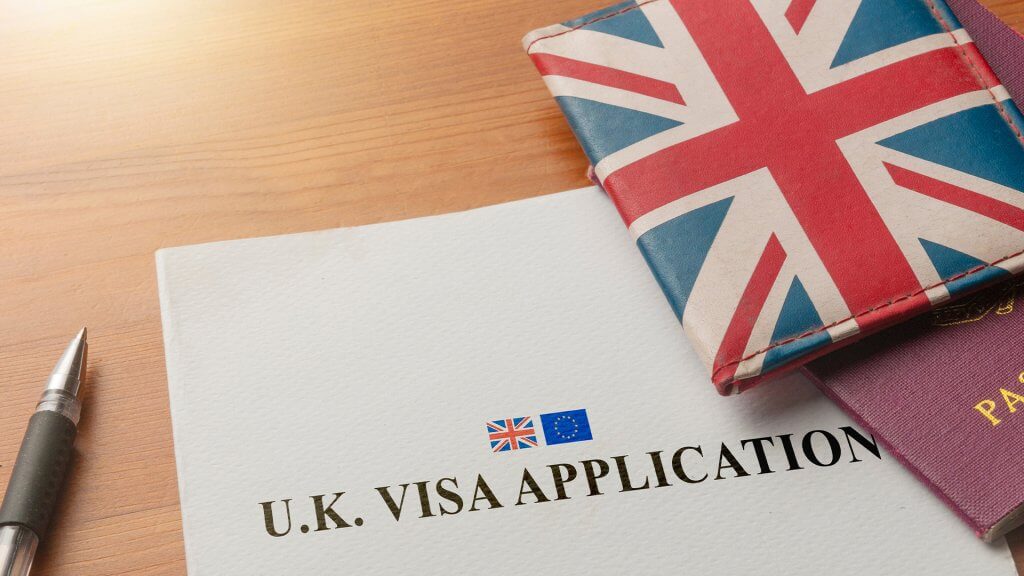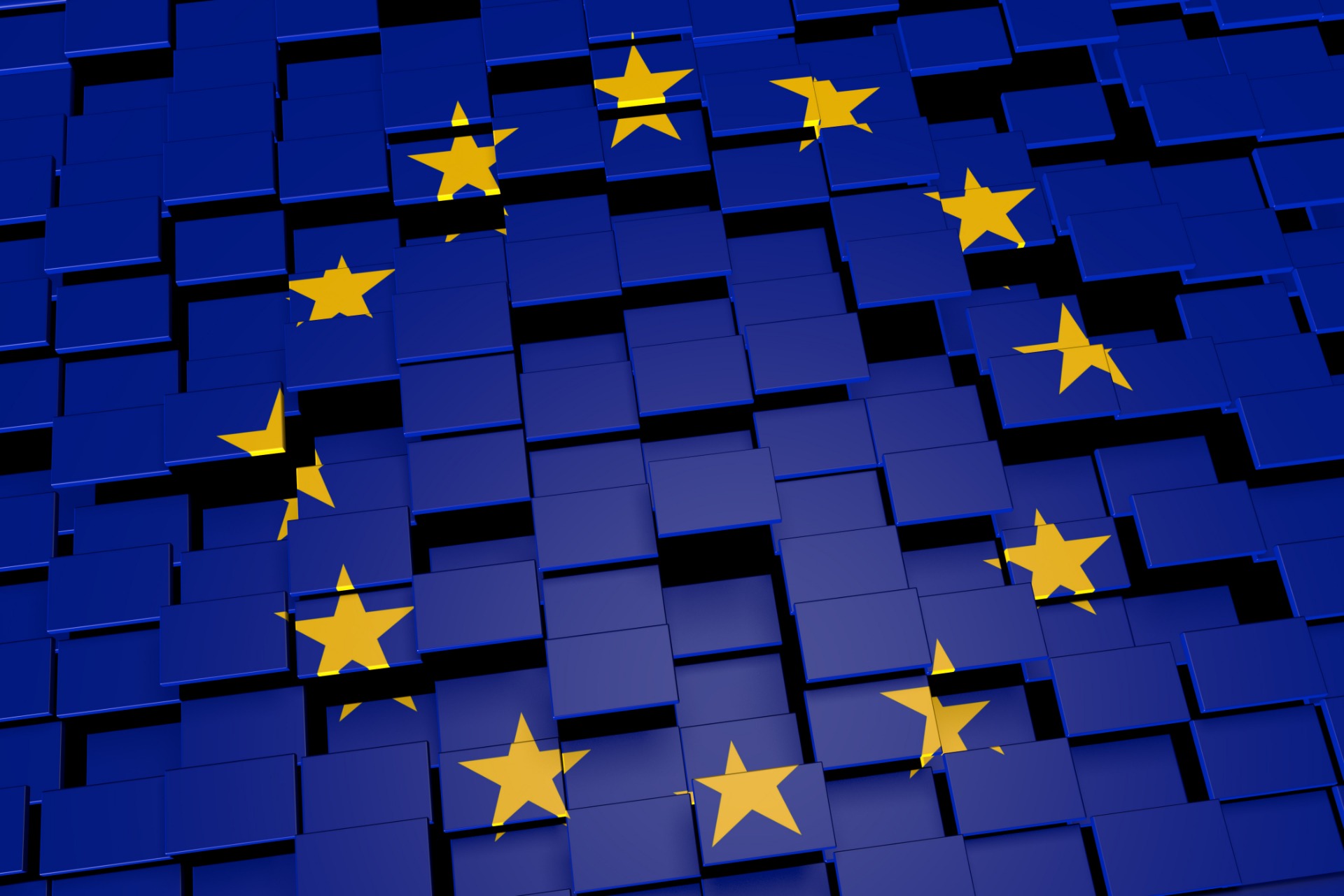
Times are tough for businesses at the moment, as economic uncertainty is further fed by the growth of key operating costs, and public concerns for the onset of another recession.

As we enter the summer months, many will be getting ready to enjoy a road trip in their beloved campervan to enjoy the many sights the UK has to offer. But if you’re a growing family or your summer hobbies are screaming for more space, then towing with a campervan might just be the answer! From campervan insurance to weight restrictions, there are things to be aware of before you hit the road, so read on to find out.

Partnering with a specialist Amazon marketing agency can bring many benefits to e-commerce businesses advertising products on Amazon.

So, what exactly is open banking? And what other payment methods could become widespread in the future? We’ll explore these questions below.

Whether your firm makes sub-assemblies for car manufacturers or produces accessories for the motor industry, the fact is that selling goods into European markets has become harder for many British entrepreneurs in the sector.

The UK has always been a popular place to live and work for EU citizens, and it used to be that all an EU resident would need to do is pack their suitcase and jump on a plane. Since 2020, however, things have got a little more complicated for those looking to relocate to Great Britain.

The UK’s housing market has been soaring for the last two years, with house prices skyrocketing because of a lack of supply, tax breaks, and low interest rates. A similar story has also been seen across the EU, with house prices going up by 9.4 per cent from Q4 2020 to Q4 2021, while in the UK, a record 10.4 per cent in annual house price growth was seen at the end of last year.

Here, we cover the additional benefits of an international business management degree and why this is a great option for aspiring entrepreneurs.

Durham-based, Anglo Scottish Asset Finance, is partnering with Diode, an electric vehicle (EV) suitability assessment software platform, to help break down the barriers to EV adoption and drive forward electrification in the workplace.

Health and safety are key concerns for businesses, whether they are growing or established. In this artcle, we give some vital provision tips that you should make for your employees, along with the legal and logistical reasoning for their provision.

Here, we delve into the rising popularity of hiring your own car or van, while outlining what actions are being taken to shrink the number of private vehicles.

Understanding the LinkedIn ads platform is relatively straightforward. Nevertheless, you still must follow best practices to reach your goal. In this article, you will learn the best practices for achieving results with LinkedIn ads.











